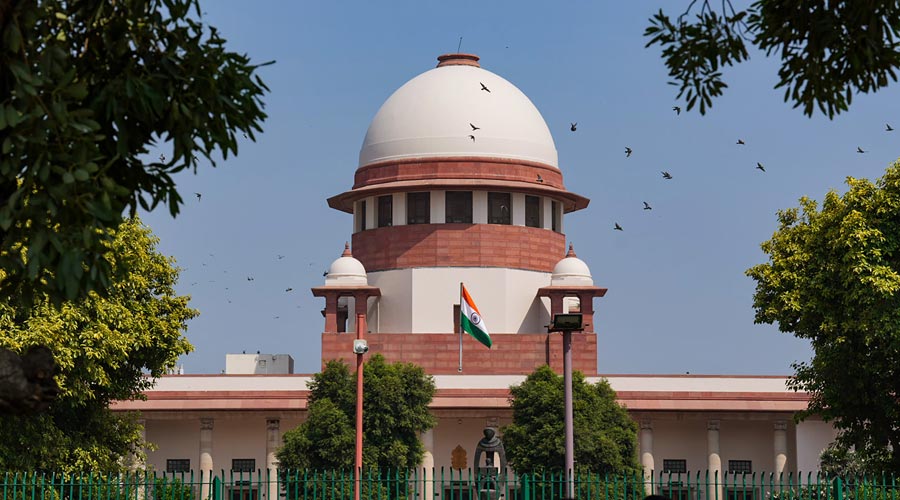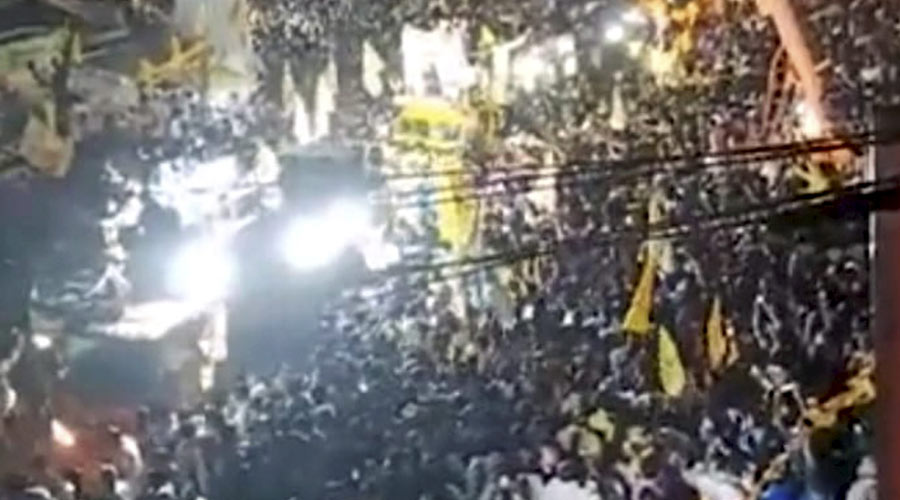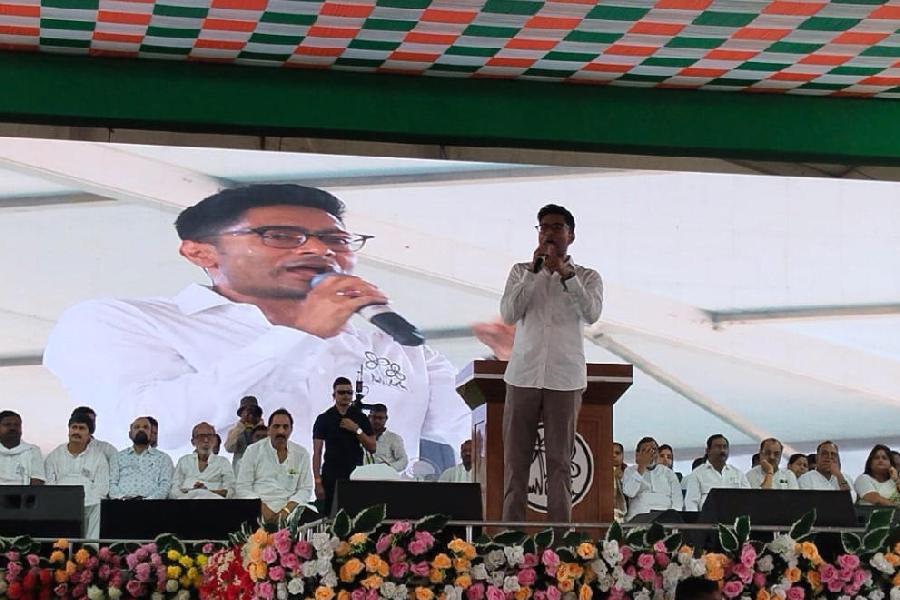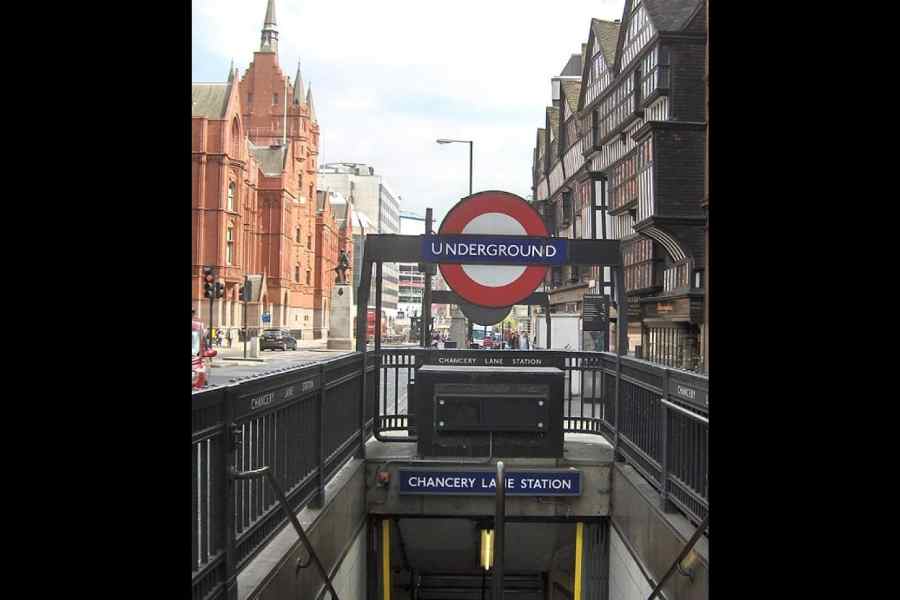The Supreme Court on Wednesday said that it would hear on January 19, a plea of the Andhra Pradesh government challenging the high court's recent order suspending the operation of a government order that prohibited conduct of public meetings and rallies on roads, including national highways.
A bench of Chief Justice DY Chandrachud and Justice PS Narasimha agreed to hear the state government’s plea urgently after standing counsel for the Andhra Pradesh government said the high court has stayed the order on rallies and public meetings. The bench said it would hear the plea on Thursday.
On January 12, the Andhra Pradesh High Court had suspended till January 23 operation of the Government Order that prohibited conduct of public meetings and rallies on roads, including national highways.
It had held that the “Court is prima facie of the opinion that the impugned GO No.1 is contrary to the procedure provided under Section 30 of the Police Act, 1861”.
The high court had passed the interim order, on a writ petition filed by CPI state secretary K Ramakrishna challenging the GO (Government Order), and posted the case for further hearing on January 20.
It had sought the state government’s response before January 20 on the plea.
The petitioner before the high court has contended that the GO was brought in to stifle the opposition voices against the government.
The Y S Jagan Mohan Reddy government had issued the order on January 2 midnight in the wake of a stampede at a rally held by the main opposition Telugu Desam Party at Kandukuru on December 28 last in which eight people were killed.
The prohibitory order (GO No. 1) was issued under the provisions of the Police Act, 1861, and the police immediately started implementing it.
Except for the headline, this story has not been edited by The Telegraph Online staff and has been published from a syndicated feed.











